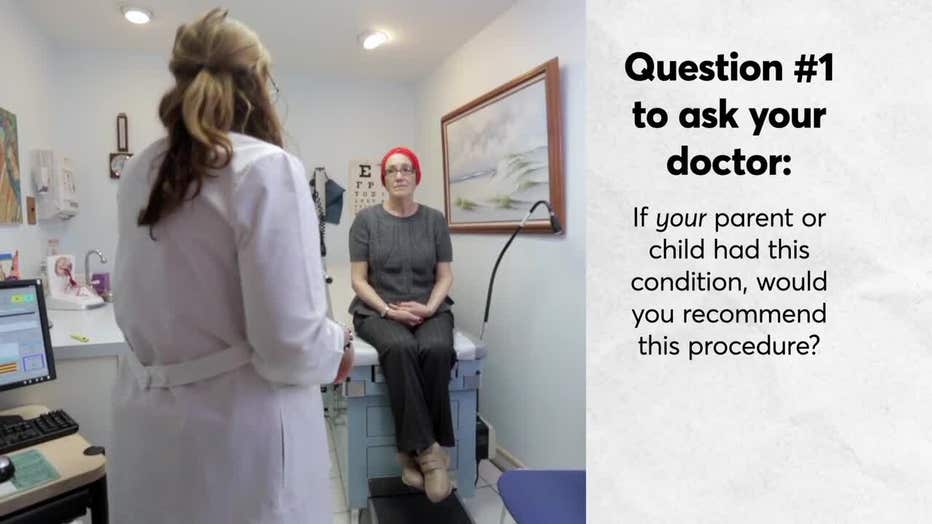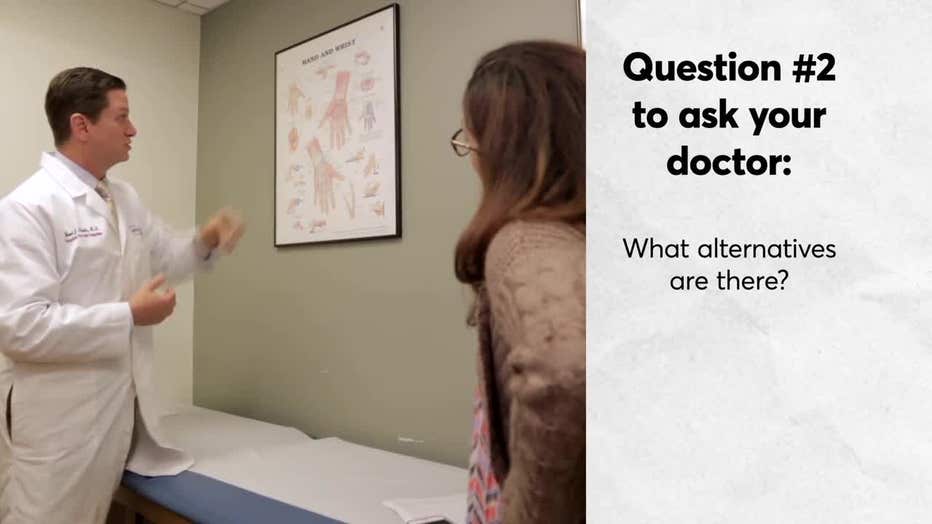Getting needed medical care
For a serious medical condition, surgery is often life-saving, but a new report finds that doctors performed tens of thousands of unnecessary procedures in 2020.
Consumer Reports has important advice on how to have an open and frank discussion with your doctor to be sure you’re getting the care you really need.
During the first 10 months of the COVID-19 pandemic, even when most cities were on lockdown, Medicare was billed for over 100,000 overused or unnecessary surgeries or procedures, according to the nonprofit Lown Institute.

That includes more than 45,000 stents for coronary heart disease, 16,000 vertebroplasties for osteoporosis, and 14,000 hysterectomies for benign disease.
In some instances, these are life-saving procedures.
However, in a number of cases, a patient’s condition could also be well managed with a less invasive treatment that was just as effective.
Take the more than 13,000 unnecessary spinal fusions the study found.

While the procedure can be successful, experts say for moderate to mild back pain it's often no more effective than nonsurgical treatments like physical therapy.
So if your doctor recommends a surgical procedure, have an open and honest talk about the benefits and risks.
If you’re not sure where to begin, Consumer Reports has two easy questions to get the conversation started.

If your parent or child had this condition, would you recommend this procedure?
This forces your doctor to sort of take a moment and pause.
It also helps them connect to what you’re experiencing as a patient.

What alternatives are there?
You want to know whether there are other appropriate options that may be less invasive, have fewer potential side effects, or require less healing time.
And before any major procedure, seriously consider a second opinion. Your doctor should welcome other colleagues’ ideas and input.
And if they don’t, you might want to look for a new physician.
Another question you can ask: How much will this cost me?
Because of the recent No Surprises Act, healthcare providers are now required to give you an easy-to-understand estimate explaining what you’ll be charged if you don’t have insurance or choose not to use it.

All Consumer Reports material Copyright 2022 Consumer Reports, Inc. ALL RIGHTS RESERVED. Consumer Reports is a not-for-profit organization which accepts no advertising. It has no commercial relationship with any advertiser or sponsor on this site. Fo

